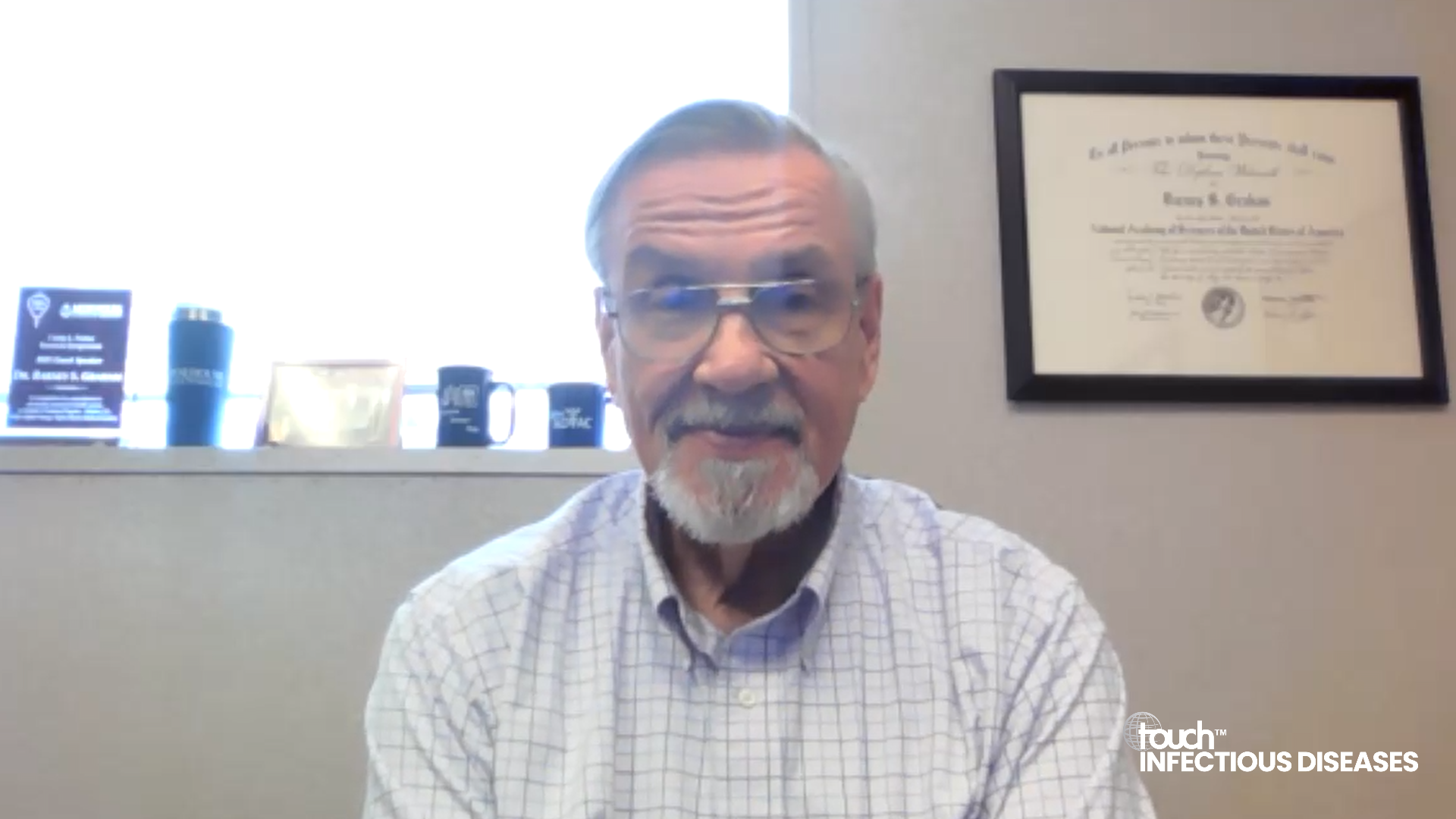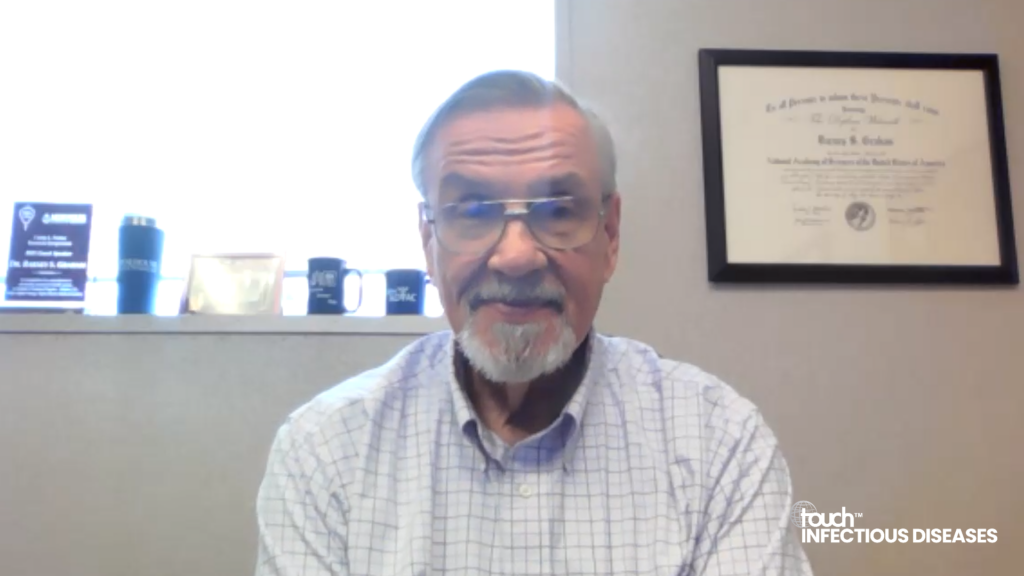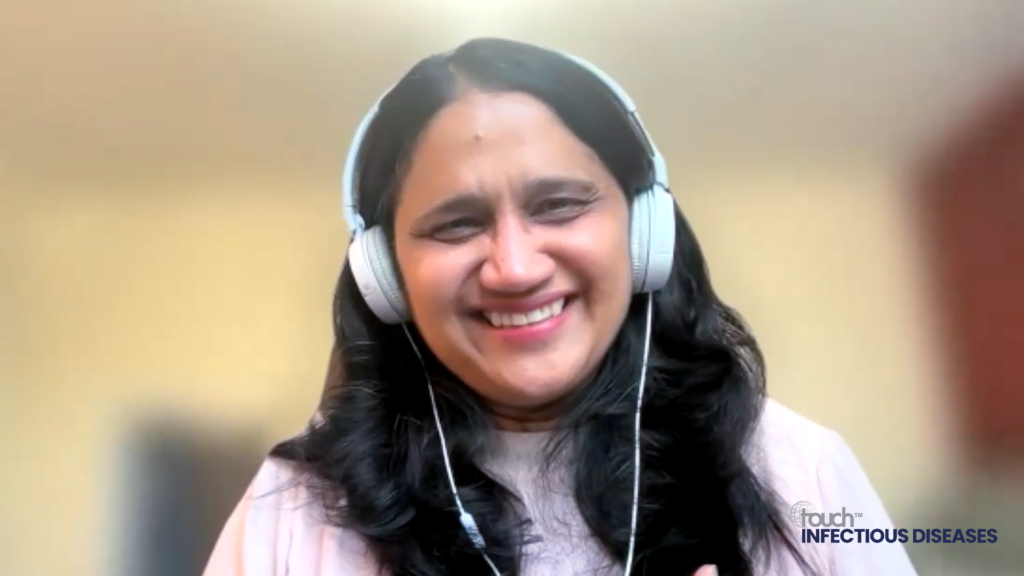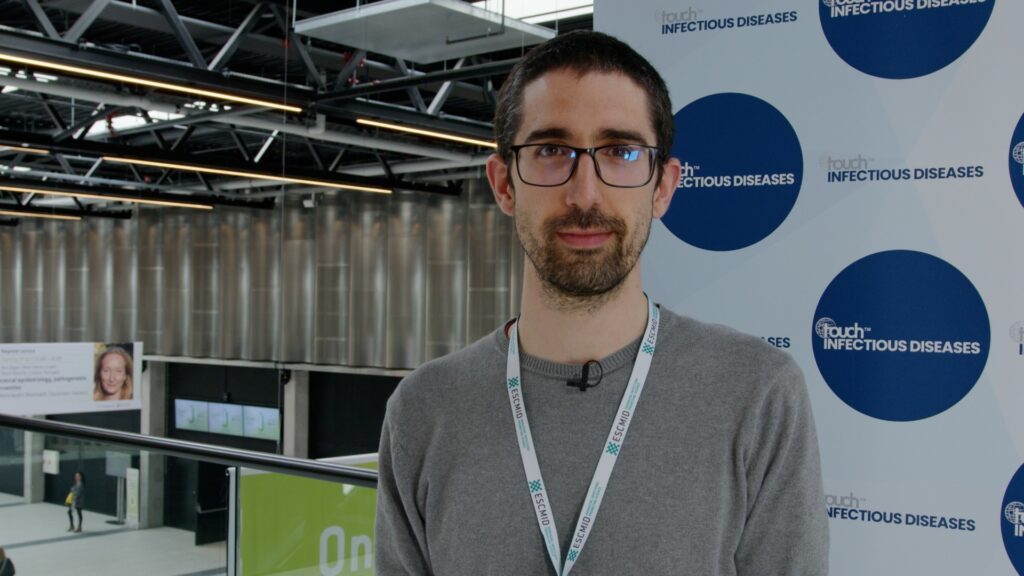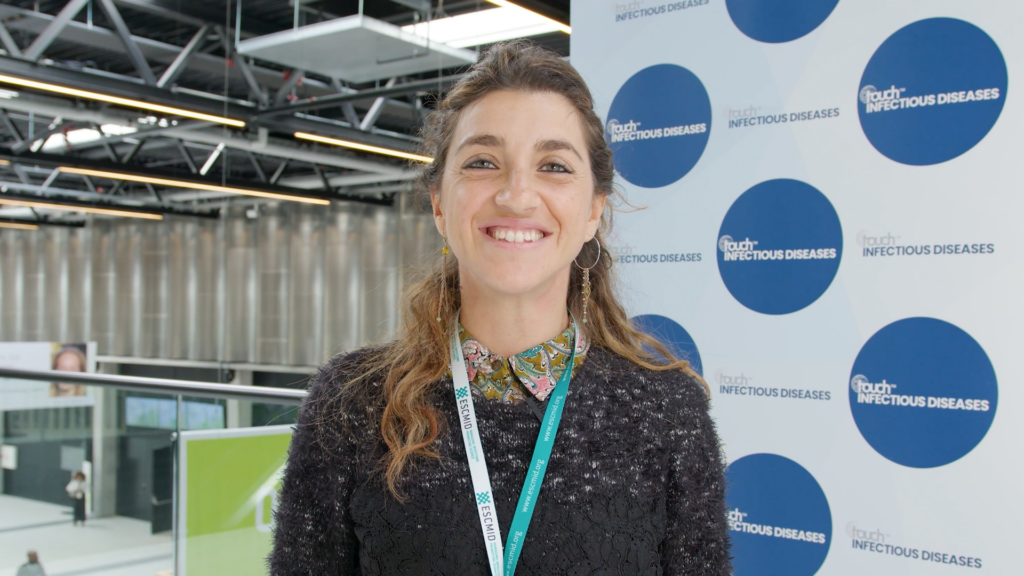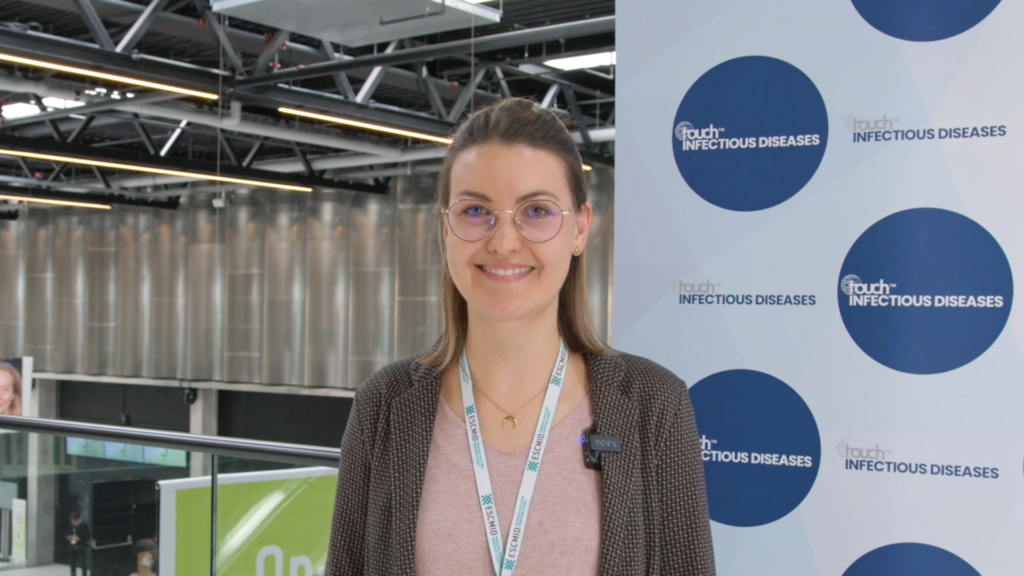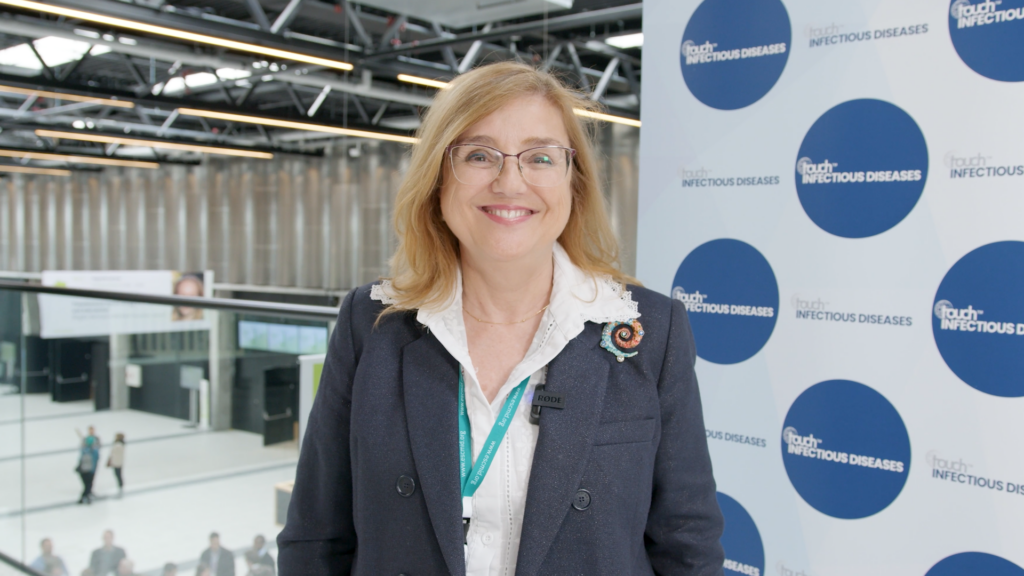The COVID-19 pandemic brought about the accelerated development of vaccinations to protect against variants of SARS-CoV-2, recently new targets of broad protection against potential future variants have been outlined and numerous vaccine candidates are in pre-clinical and clinical development. It was a pleasure to speak with Editorial Board member Dr. Christoph Spinner (Technical University of Munich, School of Medicine & University Hospital rechts der Isar, Munich, Germany) about the most promising COVID-19 vaccine candidates in development, the importance of coordinating global efforts in vaccine development, advances in safety profile and alternate delivery methods of the latest vaccines and whether COVID-19 vaccinology can translate to other infectious diseases.
The abstract ‘Latest medical developments in COVID-19 vaccinology.’ was presented at ECCMID 2023, 15-18 April, 2023, Copenhagen, Denmark.
Questions
- What impact has vaccine research already had on the COVID-19 pandemic and how will the goal of broader protection help to protect against future pandemics? (0:22)
- What does the future of COVID-19 booster vaccines look like? (1:00)
- What is the importance of coordinating global efforts in COVID-19 vaccine development? (1:41)
- How does the safety profile of the latest vaccine candidates compare with those first approved? (2:18)
- How will alternate delivery methods for vaccines, such as skin patches or intranasal vaccines, improve uptake? (3:17)
- How will developments in COVID-19 vaccinology translate to the prevention of other infectious diseases? (3:56)
Disclosures: Christoph Spinner has nothing to disclose in relation to this video interview.
Support: Interview and filming supported by Touch Medical Media Ltd. Interview conducted by Katey Gabrysch and Victoria Jones.
Filmed in coverage of the 33rd European Congress of Clinical Microbiology & Infectious Diseases.
Click here for more content on COVID-19 & for further ECCMID 2023 highlights visit here.
Transcript
What impact has vaccine research already had on the COVID-19 pandemic and how will the goal of broader protection help to protect against future pandemics? (0:22)
The pandemic was a challenge for the entire world, but at the same time, it highlighted how enormous disease protection could be reached by vaccines. And we’ve seen an impressive imagine or example of how many lives we could save around the globe due to vaccine uptake. Taking that as an idea specialist, I’ve learned very early that vaccines could prevent life, could prevent from severe disease, and let’s transfer all that knowledge for a better idea to prevent lives today and in the near future.
What does the future of COVID-19 booster vaccines look like? (1:00)
Our understanding at the moment is that everyone should have at least three vaccinations. That means at least double vaccination plus 1 booster. But how will we continue? How will coronavirus evolve over time? There’s different opportunities at the moment. At the moment, my most likely hypothesis is that only patients above 60 years and older and those suffering from chronic immune affecting diseases might be suitable for ongoing probably annually boosters. But we don’t know yet. So let’s have a closer look to what is being published.
What is the importance of coordinating global efforts in COVID-19 vaccine development? (1:41)
This answer is easy to me. I mean, it’s very clear. We can only win the fight against COVID together, and that means leaving no one behind. It is of importance that we make vaccines available to the entire world and not only to those countries who can financially afford it. Because variants of concern, spiral evolution and infections happen around the globe. And we must fight this virus together, as we always do in it, because it means we are only focused on some parts of the world we won’t be successful.
How does the safety profile of the latest vaccine candidates compare with those first approved? (2:18)
At the initial times of the pandemic, it was challenging because vaccines were urgently needed and even some novel vaccine platforms have been released now. Today, three years later, we’ve learned a lot. And we know that the mRNA vaccine platforms, as well as protected vaccines, are highly safe. We’ve learned about their side effects, the majority of which are just mild to moderate. But some of the vaccine platforms like the vector vaccines, are associated with very rare but still relevant events. And therefore we should focus our research activity and the delivery and strategy of vaccines to those with the greatest efficacy and best safety profile that is available. And we can transfer that to other diseases. Is the majority of the remaining platforms is a flexible platform. That means allowing vaccine modification to its novel variants, but at the same time, to other diseases.
How will alternate delivery methods for vaccines, such as skin patches or intranasal vaccines, improve uptake? (3:17)
While intramuscular vaccine delivery is the most convenient and most common strategy at the moment. A nasal vaccines, for instance, make it much easier to deliver vaccines because even self-administration would be possible. And here, persons with vaccine hesitancy due to IM injections would also have alternatives. In my view, in the end, it is important to deliver vaccines. That means to reach the target population and to make the vaccine delivery as easy as possible. And there might be different settings for different countries around the globe.
How will developments in COVID-19 vaccinology translate to the prevention of other infectious diseases? (3:56)
Hopefully we can take the lessons learned from COVID vaccines to other diseases and for instance, mRNA work seen as an example on our transfers to other diseases, mainly infectious diseases, and of the trials carried out, including HIV, which is still, of course, a huge challenge to the entire world. And my wish would be in the end, that we can transfer the learnings from the three years of pandemic to other diseases. And let’s hope that those platforms are robust and somewhat resilient to be as efficacious and safe transfer to other diseases.
Subtitles and transcript are autogenerated.

